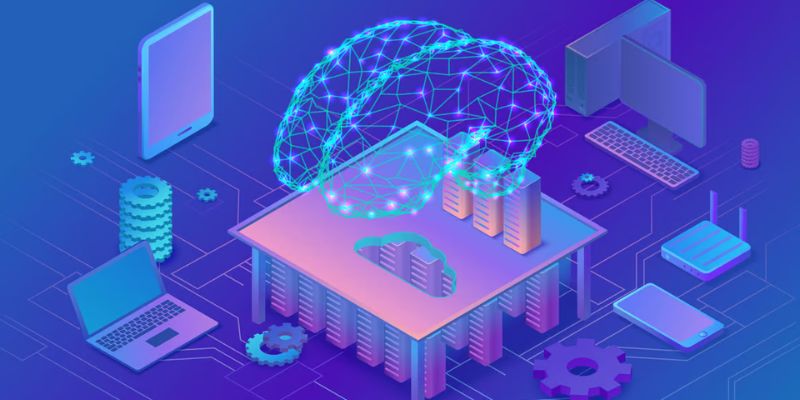
Artificial Intelligence (AI) has transformed how we interact with technology, offering smarter solutions across various industries. From virtual assistants to self-driving cars, AI models power countless innovations. But have you ever wondered how these models learn and improve? Understanding the learning process of AI models can demystify their functionality and showcase the brilliance of modern technology. For those looking to dive deeper into this field, an Artificial Intelligence Course in Pondicherry can provide a strong foundation.
The Basics of AI Learning
AI learning is primarily rooted in data. Models analyze vast amounts of information to recognize patterns, make predictions, or take decisions. This process is divided into two main types: supervised and unsupervised learning. In supervised learning, the model is trained on labeled data, meaning the input data is paired with the correct output. In contrast, unsupervised learning involves finding hidden patterns in unlabeled data. These approaches form the foundation of how AI gains its initial understanding of the task it is designed for.
The Role of Algorithms
Algorithms act as the brain behind AI models. They are sets of rules or instructions that guide the model in processing data and making predictions. Different tasks require different algorithms, and choosing the right one is crucial for the model’s performance. For example, decision trees are great for classification tasks, while neural networks excel in handling complex problems like image recognition. Algorithms evolve with advancements in research, enabling models to become more efficient and accurate. To master these algorithms, a hands-on Artificial Intelligence Course in Tirupur can provide you with practical knowledge.
Learning Through Feedback
AI models improve by learning from their mistakes. This process, known as feedback learning, allows models to refine their predictions over time. For instance, if an AI model incorrectly predicts an outcome, it can analyze the error and adjust its parameters to avoid making the same mistake again. This iterative process of learning and adjusting is what makes AI smarter and more reliable.
Data Is the Key
The quality and quantity of data play a vital role in an AI model’s ability to learn. High-quality data ensures the model is exposed to accurate and relevant information. However, more data doesn’t always guarantee better results. It is equally important to preprocess data, remove errors, and ensure it is diverse enough to cover all possible scenarios. A balanced dataset prevents biases and helps the model generalize better to unseen situations. Learning how to handle and preprocess data is an essential part of an Artificial Intelligence Course in Coimbatore.
Continuous Learning and Updates
AI models don’t stop learning after their initial training. Continuous learning enables them to adapt to new data and changing environments. This is especially important in dynamic fields like healthcare and finance, where trends and patterns evolve rapidly. By incorporating new information, AI models stay relevant and maintain their effectiveness over time.
Transfer Learning: Leveraging Previous Knowledge
Transfer learning is a fascinating concept in AI where models use knowledge gained from one task to perform better in another. For example, a model trained to recognize cats and dogs can use its understanding of shapes and edges to identify other animals. This approach reduces the time and resources needed for training while enhancing the model’s adaptability. Learning about transfer learning is a valuable skill that can be gained through an Artificial Intelligence Course in Madurai.
Challenges in AI Learning
Despite their potential, AI models face several challenges in learning and improving. Overfitting, where a model becomes too specialized in its training data, can hinder its ability to generalize to new situations. Additionally, ethical concerns like data privacy and biases in training datasets pose significant hurdles. Addressing these challenges requires careful planning and a commitment to responsible AI practices.
The Future of AI Learning
As AI continues to evolve, the learning processes of models are becoming more sophisticated. Concepts like self-supervised learning, where models generate their own training data, and federated learning, which enhances privacy by training models on decentralized data, are gaining momentum. These advancements promise a future where AI models are more efficient, ethical, and impactful.
AI models learn and improve through data, algorithms, and continuous feedback. Their ability to adapt and evolve makes them indispensable in today’s world. However, achieving optimal performance requires overcoming challenges and embracing innovative approaches. By understanding how AI learns, we can appreciate its potential to revolutionize industries and create a smarter future for everyone. Taking an Artificial Intelligence Course in Dindigul can provide the insights and skills to be part of this exciting field.
Also Check: How does Salesforce AI enhance business performance?